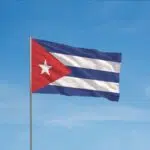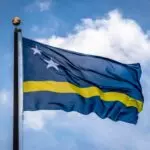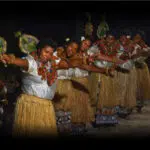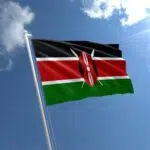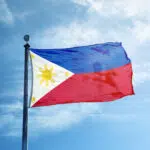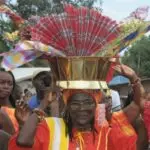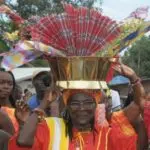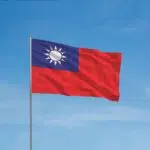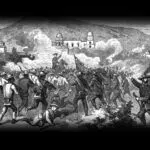Maroon Day is a public holiday in Suriname that takes place every year on October 10. This special date has been observed for decades, but it was not designated as a public holiday until 2011, when the first official functions were held. The Maroons mainly were Africans sold by other Africans to the Europeans, who used them as slaves, which resulted in their fight for their freedoms. Today, we commemorate their history and reflect on their heritage.
History of Maroons Day
“Maroons” refers to the Africans and their descendants who established free settlements in the Americas. Some had fled plantations, but others had been born free within these communities. Historically, this is the origin of the English word “maroon,” which means “to be intentionally abandoned on a deserted island or coast,” not at all dissimilar to the situation of most of these individuals.
The Dutch captured Suriname in 1667, then created approximately 200 sugar, coffee, cocoa, and cotton plantations that worked mostly to export back to the Netherlands. Over 13,000 enslaved Africans were forcefully relocated to Suriname to work on them. As time went by, some of them escaped from farms into the wilderness and formed the local Maroon community. Residing in a wild, barren South American jungle was even preferred by them in order to avoid the horrific conditions on the plantations. The Maroons, also known as ‘Bushinengues,’ or “people of the forest,” grew in number and would attack the estates to get supplies and free enslaved women. The Maroons agreed to a peace treaty with the Dutch colonial authorities on October 10, 1760. They were recognized as free men and women and obtained an annual homage that supplied them with the goods they used to take from the plantations.
Today, the Maroon community accounts for roughly 20% of Suriname’s population, a country widely known for its diversity, and its public holidays reflect this; it is only fitting that Maroons have their own day of recognition, officially formed in 2011 on the anniversary of the historic peace treaty.
Maroons Day timeline
They establish more than 200 sugar, coffee, cocoa, and cotton farmlands in Suriname.
After decades of futile warfare, the Dutch sign a peace treaty with the Maroons.
Enslaving people becomes illegal in Suriname on July 1.
Suriname, formerly known as Dutch Guiana, declares independence from the Netherlands.
Maroons Day FAQs
What is Suriname’s famous food?
Its cuisine has a lot of Chinese and Asian influence. One famous dish is moksi meti, a dish made from sliced pork.
What do they drink in Suriname?
If you ever travel to Suriname, you have to try the rum and the Parbo beer!
What religion is Suriname?
Surinamese people are mostly Christian.
How to Observe Maroons Day
Support black resistance
The fight against slavery is one of the most important chapters in black history, and something that still affects endangered communities to this day. Support black resistance and listen to what activists have to say about it.
Acknowledge and learn
Some people prefer to observe the day in silence. You can do the same thing.
Remember the difficult chapters
Maroon Day is both a day of reflection and celebration. Today, we keep in mind the darkest chapters in human history, as well as the suffering and bravery of those who fought against injustice.
5 Fun Facts About Suriname
It has left-hand driving
Suriname is one of only two South American countries where driving happens on the left side.
It only has one cinema
Suriname's only cinema is the T.B.L. Cinema, which can be found in Paramaribo.
The land of festivals
Suriname's ethnic diversity contributes to its multiple celebrations and festivals throughout the year.
Flora and fauna
Suriname's rich rainforests are home to fascinating and colorful flora and fauna.
Jungle scenery
Forests cover 94% of the country.
Why Maroons Day is Important
It’s about fighting against injustice
Maroons Day publicly expresses a desire for liberty. This same passion enabled their Surinamese ancestors to fight for independence as a truly united front.
It enhances newfound respect for liberty
Suriname's Maroons fought very hard for their freedom. Many of us talk about that without much thought, but the story of the Maroons causes us to pause and really ponder its weight.
It encourages reflection
Slavery may have ended, but are we truly free? The story of the Maroons in Suriname shows how freedom can be a relative concept.
Maroons Day dates
| Year | Date | Day |
|---|---|---|
| 2025 | October 10 | Friday |
| 2026 | October 10 | Saturday |
| 2027 | October 10 | Sunday |
| 2028 | October 10 | Tuesday |
| 2029 | October 10 | Wednesday |


